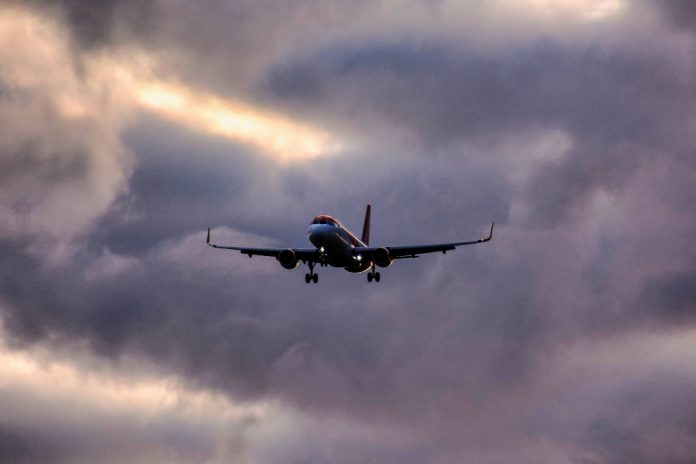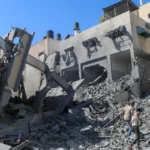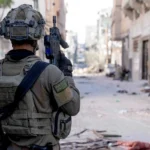Beirut airport was the target of a cyberattack on Sunday, Lebanon’s National Information Agency (ANI) announced, with images broadcast by local media showing anti-Hezbollah messages on terminal screens.
“The cyber attack on the airport’s departure and arrival screens disrupted the baggage inspection system,” ANI said, adding that authorities were working to restore the display “and maintain a normal traffic at the airport.
According to images broadcast by the press, a message criticizing the powerful Lebanese movement Hezbollah was displayed on the screen near the emblem of a Christian group bearing the name “Soldiers of God”.
Since the start of the war between Israel and Hamas on October 7, pro-Iranian Hezbollah has exchanged fire almost daily with Israel on the Israeli-Lebanese border, in support of its Palestinian ally in the Gaza Strip. These clashes raise fears of a regional conflagration and concern is growing in Lebanon.
The message on the display screen indicated that the airport was “not the airport of Hezbollah and Iran,” according to media reports. “Hassan Nasrallah, no one will support you if you drag the country into war (…) We will not fight in anyone’s name,” also underlined the message addressed to the leader of Hezbollah. The Shiite group fired dozens of rockets on Saturday at a military base in northern Israel, an attack presented as its first response to the elimination, attributed to Israel, of Hamas number two Saleh al-Arouri, killed Tuesday in a strike in Beirut. “You are going to blow up our airport by bringing weapons there. May the airport be freed from the control of Hezbollah, it was also written.
The “Soldiers of God” group is best known in Lebanon for its uncompromising positions and attacks against the LGBT+ community. Contacted by AFP, he did not wish to comment, but he then denied in a video any involvement in the cyberattack, describing it as “the work of the devil”.
On Saturday, the head of European diplomacy, Josep Borrell, deemed it “absolutely necessary to prevent Lebanon from being drawn into a regional conflict”. Since October 8, exchanges of fire between Hezbollah and Israeli forces have left 181 dead in Lebanon, including 135 fighters from the movement, according to an AFP count. In northern Israel, nine soldiers and at least four civilians were killed, according to Israeli authorities.
This article is originally published on solutions-numeriques.com








